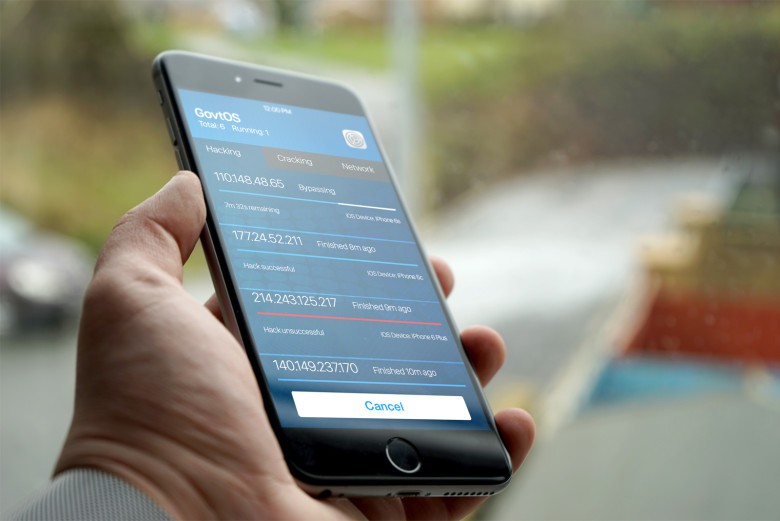A U.S. court ruled over the weekend that the FBI won’t have to reveal to Apple exactly how it was able to hack a terrorist’s iPhone, since this could present security issues.
Federal judge Tanya Chutkan said that naming the vendor which aided the FBI, as well as the amount of money that was paid to it, could invite cyberattacks against the company. In addition, it might lead to the hacking tool which was used being stolen.
“It is logical and plausible that the vendor may be less capable than the FBI of protecting its proprietary information in the face of a cyber-attack,” said the court. “The FBI’s conclusion that releasing the name of the vendor to the general public could put the vendor’s systems, and thereby crucial information about the technology, at risk of incursion is a reasonable one.”
Apple’s FBI standoff
Apple’s standoff with the FBI was one of the biggest tech stories of 2016. The case involved shooters Syed Rizwan Farook and Tashfeen Malik, who murdered 14 people and injured 22 after opening fire at an office party in San Bernardino, California, in an apparent terrorist attack.
After the shooting, the FBI discovered an iPhone 5c belonging to Farook, but the investigators were unable to unlock it due to Apple’s encryption. What followed was a very public legal battle over whether the government could force the iPhone-maker to create a backdoor into iOS.
As part of the standoff, Apple publicly defied a federal court order to deliberately weaken iOS security for millions of users. In an open letter, Tim Cook argued that creating a backdoor in iOS software would be, “too dangerous to create,” and would have the effect of undermining “the very freedoms and liberty our government is meant to protect.”
Ultimately, the FBI was able to crack the device on its own — using a more limited tool that can reportedly access only a “narrow slice” of devices, specifically iPhone 5c handsets running iOS 9. While no exact figure has been released regarding how much the FBI paid for the hacking tool, earlier this year Senator Dianne Feinstein suggested that it was in the region of $900,000.
The iPhone turned out to contain no new useful information, although former FBI director James Comey called hacking the phone a good investment nonetheless. In the court case which concluded over the weekend, the FBI acknowledged that it may later find “a way to enhance the tool’s capabilities” in order to extend its reach.
Source: ZDNet


